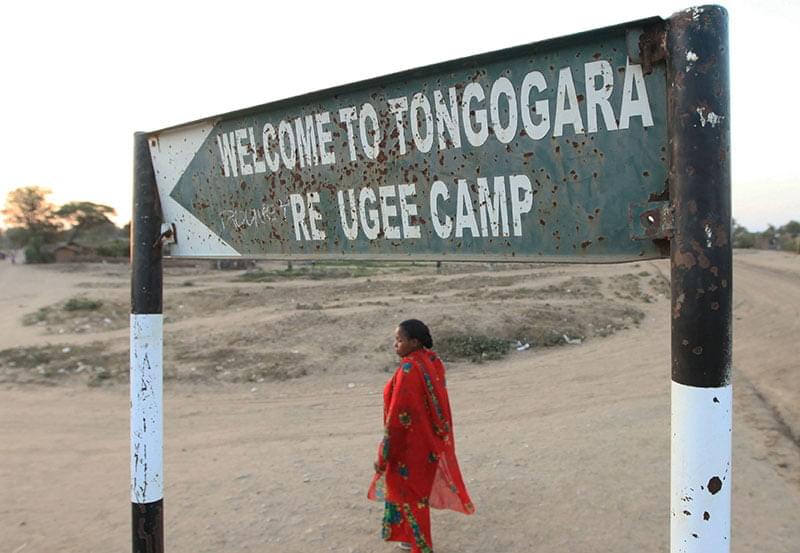A TOTAL of 16 000 refugees at Tongogara Refugee Camp (TRC) in Chipinge have received a donation of 4 400 metric tonnes of maize grain from the government in partnership with the United Nations World Food Programme (WFP). Refugees have been facing food shortages due to limited funding.
Under the partnership, WFP will cover the costs of transport, storage, handling, milling and fortification of the maize with funds from international donors. WFP representative and country director Francesca Eldermann government’s efforts are appreciated.
“No matter the circumstances that have pushed refugees to flee their countries, we serve them without discrimination and ensure that they are able to put food on their tables.
“Around the world refugees are living longer away from home, more than ever before, so we are heartened to see that countries like Zimbabwe are putting forward solutions and working to ensure that refugees have a better life,” she said.
The donation follows the commitment made by President of Zimbabwe, Emmerson Mnangagwa, in response to the United Nations secretary general, Antonio Guterres’ call for pledges towards humanitarian assistance. A first batch of 2,170 mt will be uplifted in the coming weeks.
Simon Masanga, Permanent Secretary for Public Service, Labour and Social Welfare said Zimbabwe is committed to fulfilling its international obligation to protect refugees and asylum seekers.
“This in-kind contribution is a clear sign that the country walks the talk. The government appreciates the partnership with the World Food Programme in ensuring that refugees and asylum seekers domiciled in Zimbabwe are food secure,” he said.
Zimbabwe has shown continued solidarity towards refugees, hosting families who have been forced to leave their countries since 1984. Initially established to serve refugees fleeing the Mozambique civil war, Tongogara Refugee Camp is today home to people affected by conflict in the eastern Democratic Republic of the Congo, northern Mozambique, and other countries.
WFP provides food assistance to 16,000 refugees living at the camp every month. Refugees will receive hybrid rations (in-kind maize and cash), designed to meet the daily nutrient requirements. WFP has been present in Zimbabwe since 1982 and started food distribution activities in the country in 2002, during the southern Africa drought.
WFP’s activities are aligned to Zimbabwe’s national priorities in areas of food and nutrition security. The United Nations World Food Programme is the world’s largest humanitarian organisation, saving lives in emergencies and using food assistance to build a pathway to peace, stability and prosperity for people recovering from conflict, disasters and the impact of climate change.
Source NewZimbabwe









